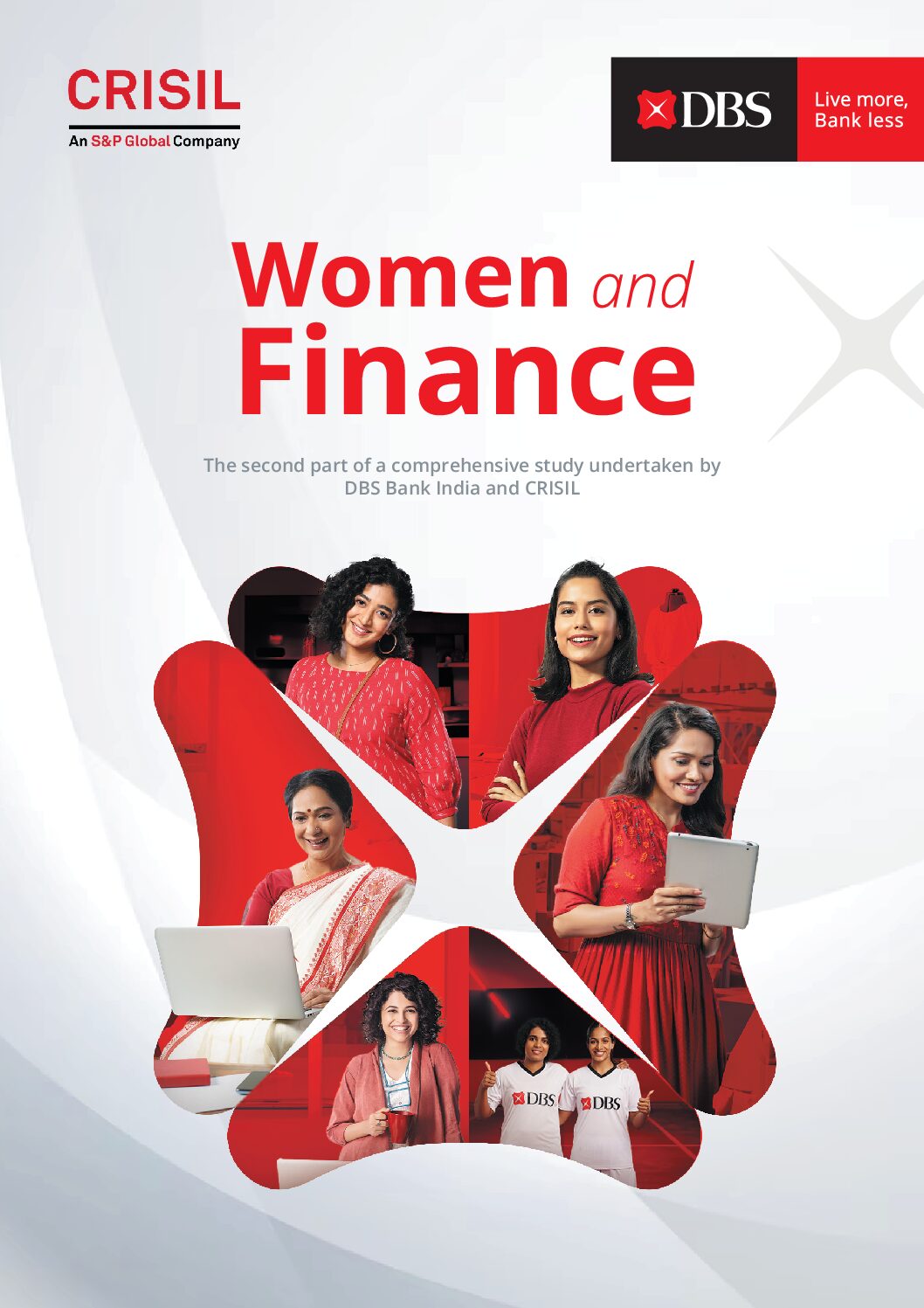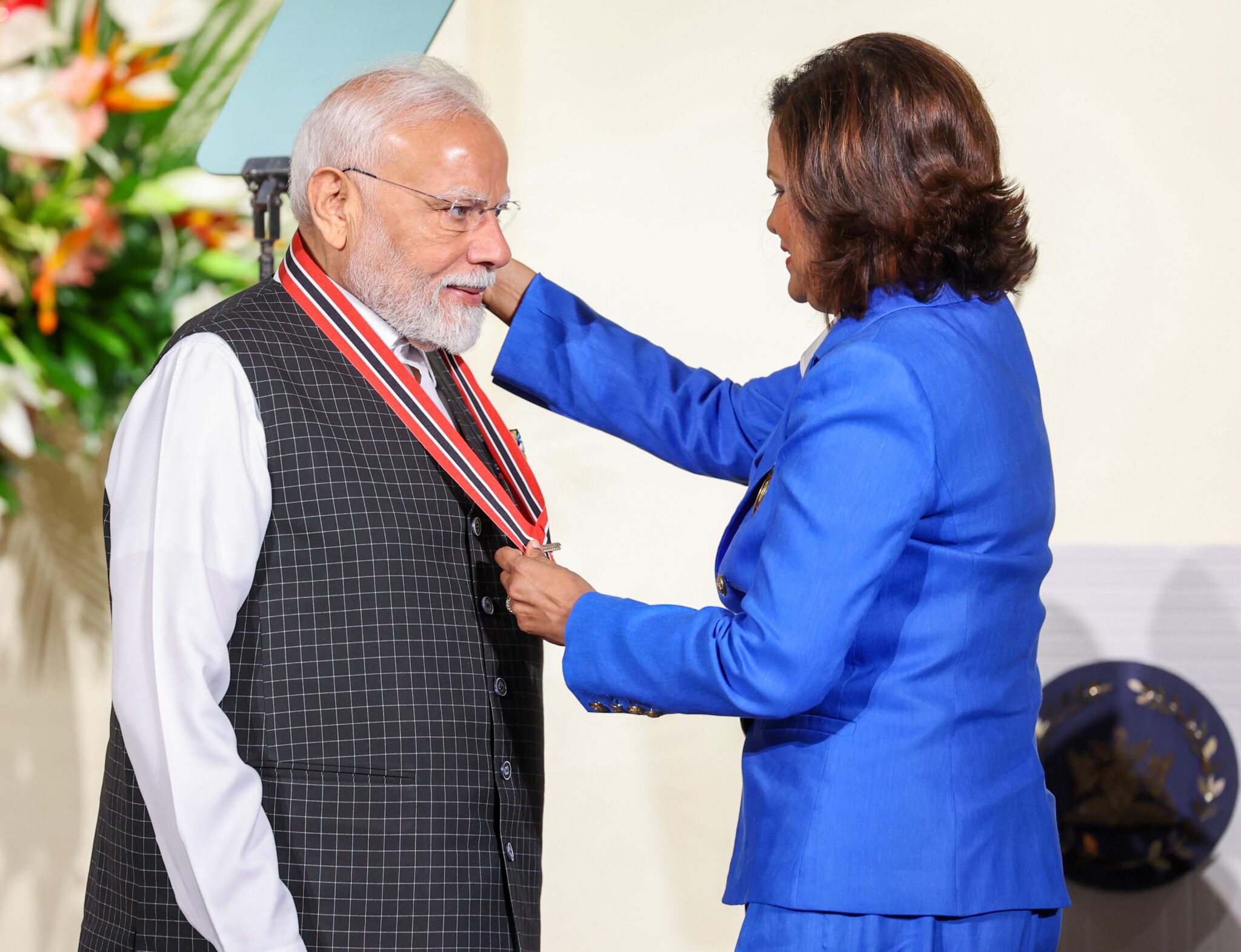DBS Bank India, in collaboration with CRISIL, recently unveiled the second installment of their study, ‘Women and Finance’, shedding light on the professional aspirations and lifestyle preferences of over 800 salaried and self-employed women across 10 Indian cities.
Professional Priorities and Preferences
Salary and career advancement are key factors for 69% of salaried women, while 42% of self-employed women prioritize independence and flexible working hours.
Remote work is not a priority for most salaried women, with only 3% considering it essential.
Perceived Gender Disparities
The survey highlights persistent gender disparities in the workplace, with a perceived gender pay gap of 23% and gender bias at 16% among salaried women nationwide.
Affluent women report a higher perception of the gender pay gap (30%) and bias (30%) compared to semi-affluent counterparts.
Negotiating Pay: Regional Disparities
In Kolkata, 96% of salaried women do not face challenges in negotiating their pay, contrasting sharply with other cities like Ahmedabad (33%) and Hyderabad (41%).
Policies and Initiatives Preferred
Unmarried women show greater appreciation for mentorship and career development programs compared to married counterparts.
Regional variations highlight the importance of tailored policies, such as mentorship programs in Kolkata and childcare support in Delhi.
Lifestyle Preferences
Despite busy schedules, women prioritize health, with 66% undergoing comprehensive health check-ups annually.
Organizations can enhance offerings to promote holistic well-being, with only 32% dining out or ordering food more than once a week.
Travel and Spending Habits
Married women take more leisure trips than unmarried counterparts, challenging common perceptions.
Nearly half of surveyed women (47%) are generous spenders, with high credit card spends in travel and shopping.
Supporting Women’s Financial Independence
DBS Bank India, with its extensive branch network and commitment to holistic financial management, aims to support women in maximizing their potential contributions to the workforce.
By leveraging insights from the ‘Women and Finance’ study, organizations can tailor strategies to empower women professionally and personally.









